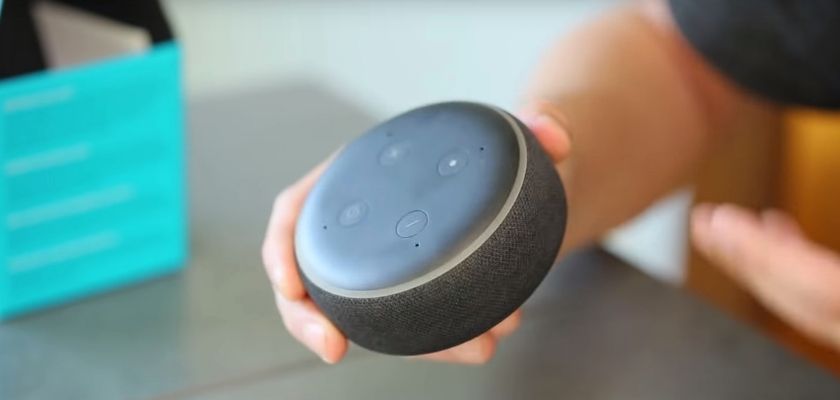They are developed, marketed, and are currently being introduced into hundreds of millions of homes and phones, making themselves effectively omnipresent in an individual’s life: the “smart home” Internet of Things (IoT) devices, and the “virtual assistant” software installed on them.
The convenience of having these in one’s life all the time varies, and convenience is a strong driving force behind their adoption. On the other hand, the potential such intrusive devices and apps have of causing damage to privacy and security of those using it is unquestionable.
A lot of concern over the use of the digital legions of the “always connected” – and mostly, always listening, watching, and recording devices – is that they are poorly designed from the security point of view, rarely, if ever updated – just some low-hanging fruit for hackers in need of creating massive botnets.
But there’s another potential danger, and that is the misuse of the data collected this way by a country’s authorities. A debate in Germany that Fortune writes about citing local media, showcases just one such scenario.
Namely, having understood what absolute treasure trove of detailed personal information these devices are recording, the Interior Ministry in one of the country’s federal states wants to put this data to what it sees as good use: as evidence admissible in court.
The police in Schleswig-Holstein came up with this idea, making it more palatable by saying it would only apply to “terrorist threat” other serious crimes.
These highly useful “digital traces” would come from everywhere before being presented to a judge, a spokesman for the ministry told the Financial Times: from smart fridges to smart speakers.
What this would amount to is mass-scale and indiscriminate digital surveillance of people in their own homes – and not everyone is happy.
In another German federal state, North Rhine-Westphalia, data protection agency spokesman was clear, calling the possibility of using your Echos and your Alexas to testify against you, “unconstitutional.”
Over in Schleswig-Holstein, the Justice Ministry also showed little enthusiasm.
“Law enforcement must be up-to-date, but there are limits set by the protection of the most personal spaces, and the freedom of accused people not to incriminate themselves,” said the ministry’s state secretary Gerd Billen, adding: “These limits must not be circumvented by any technology.”
Nevertheless, German broadcaster RND says federal and state interior ministers are “mulling the opportunities around the data generated by people’s connected cars.”
Free Tutorial: Our step-by-step guide to starting your own website for fun or profit






















